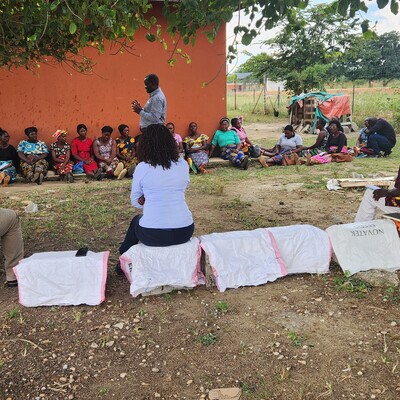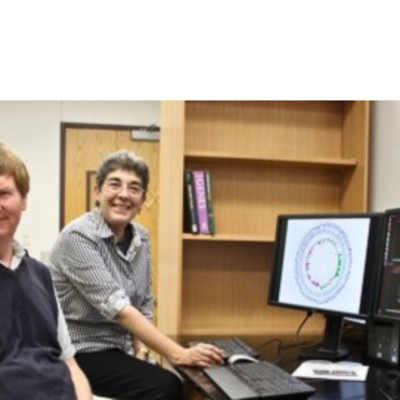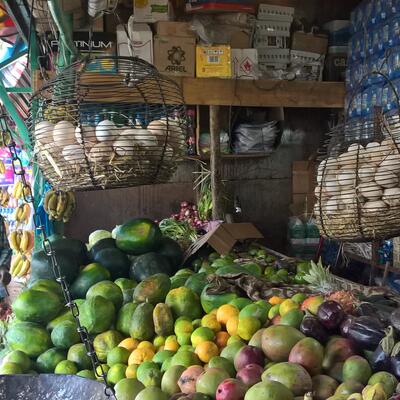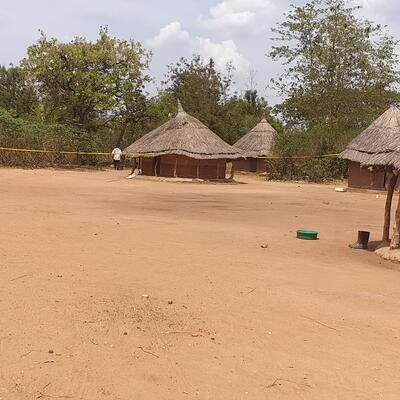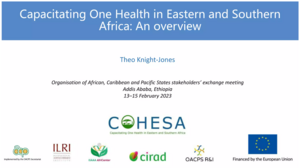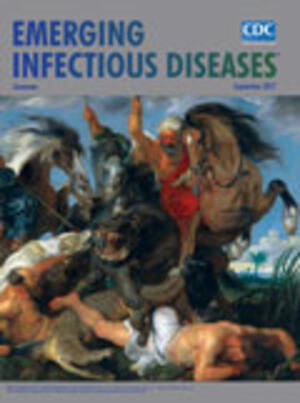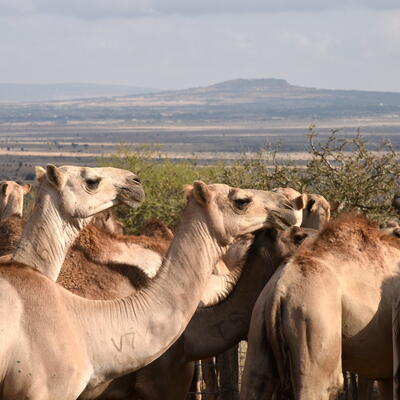
ICARDA-ILRI training on tools for rapid assessment of sheep and goat value chains in Ethiopia
Throughout most of November, Safe Food, Fair Food (SFFF) was involved in the training sessions for the multi-partner, rapid integrated assessment of small ruminant value chains in Ethiopia. ILRI consultant Tamsin Dewé was joined by national colleagues from Oromia Agricultural Research Institute (OARI), Amhara Regional Agricultural Research Institute (ARARI) and Mekelle Agricultural Research Centre, as well as four postgraduate students from the University of Addis Ababa, to work on the food safety and nutrition aspects of these value chains.
The overriding aims of the value chain assessment (VCA), and its methodology, were covered in depth by the International Center for Agricultural Research in the Dry Areas (ICARDA) representatives. Much valuable input was gained from the interaction between the different research centres. Some interesting elements that came out of the preliminary discussions, and had not previously been considered in the value chains, were the cultural restrictions on drinking whole milk in some communities – and a burgeoning, female-dominated industry in goat butter hair products!
The aim of the SFFF component of the training was to familiarise researchers and students with food safety principles and participatory methods, and to introduce the guide that will be used as part of the integrated value chain assessment. This toolkit includes participatory rural assessment (PRA) guides for producers and consumers, focus group discussion for mothers with small children and interview templates for other value chain actors.
The assessment toolkit generated lots of interest from participants, as food safety was a new concept for some, and the tools included unfamiliar participatory activities. The inclusion of consumer perceptions and practices was warmly received, as this is an area that has been largely neglected in value chain food safety assessments. Enthusiasm for the tools was high within the SFFF discussion group, although it was felt that some adjustment was needed for Ethiopian conditions. The field testing of the PRAs in a rural area outside Addis Ababa was considered successful, despite taking longer than expected – mostly due to the number of participants doubling in size as interested passers-by joined the group.
Feedback on the SFFF toolkit and the rest of the VCA was delivered to the plenary, and the training was concluded with a collaborative planning session. Fieldwork is due to commence in December across multiple sites, and should be finished by early January. Household surveys and biological sampling are to follow in the next stage, and ultimately, risk characterisation and identification of key areas for intervention, as per the SFFF mandate.






